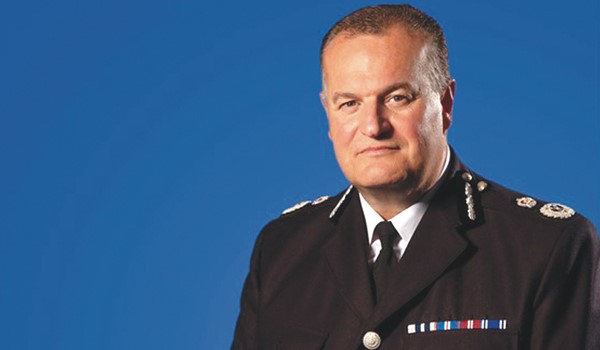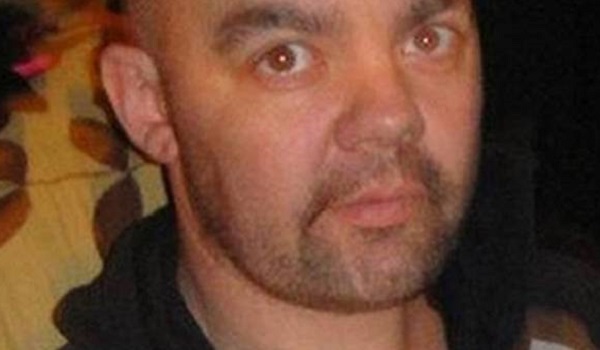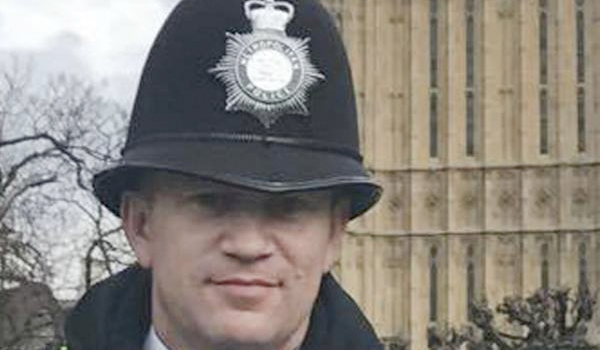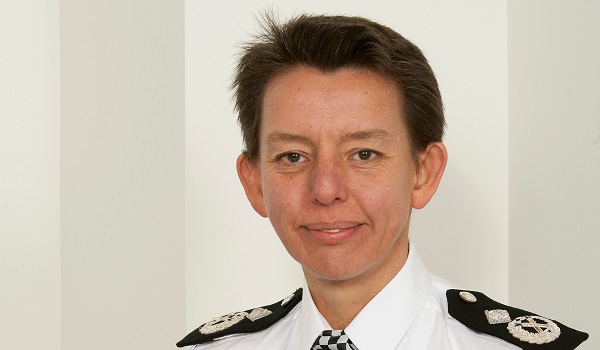GMP's past response to grooming gangs was 'borderline incompetent'
The chief constable of Great Manchester Police (GMP) has said the force was “borderline incompetent” in the way it dealt with grooming gangs in the past.
Stephen Watson also said the force “parked an element of professional curiosity” in the way it dealt with the problem, something he said was now “radically different”.
Mr Watson last week gave a personal apology to three women who were victims of grooming gangs in Rochdale who police failed to protect.
They took legal action, backed by lawyers from the Centre for Women’s Justice (CWJ), that claimed from the early 2000s there was growing evidence from multiple allegations that gangs of predominantly Asian men were grooming, trafficking and sexually abusing predominantly white working-class girls in Rochdale.
The force paid substantial damages to the women in an out-of-court settlement.
Mr Watson, speaking on BBC Radio Manchester, said: “And the bottom line is we’ve failed children in the past, we simply did, there’s no beating around the bush.
“I don’t think people did it out of a sense of badness, I don’t think people did it because they were incompetent. But I think organisationally we were borderline incompetent in the sense that we just didn’t do things then that we absolutely do now.”
Mr Watson said when he was a young police officer if a missing child was found with an adult, the focus was on recovering the child, whereas now the adult would “as night follows day” be arrested.
He also said child sexual exploitation sometimes results in “very unfortunate behaviours” from victims.
He added: “And once of a day people didn’t see past the behaviour, as opposed to questioning, ‘Why on earth is this youngster finding themselves in this position, in this situation?’ And that’s what I mean by a professional curiosity.”
Mr Watson became the head of GMP in 2021 and the police failings, highlighted in previous reviews of grooming gangs operating in Greater Manchester, happened under previous chief constables, including Sir Peter Fahy and his predecessor.
Although the abuse was happening “in plain sight”, a police operation to tackle the gangs was closed down abruptly in 2004, despite police and social services having the names of the men involved and their victims.
Eight years later, following a second major police investigation, Operation Span, nine men were convicted for sexual exploitation of children in Rochdale.
The trial heard that girls as young as 12 were plied with alcohol and drugs and gang-raped in rooms above takeaway shops, and ferried to different flats in taxis where cash was paid to use them.
Former detective constable Maggie Oliver resigned from GMP in 2012 to turn whistle-blower over the force’s failings.
A new police unit to investigate child sex grooming gangs in Greater Manchester has already identified more than 800 offenders and is running three major investigations into historic abuse of young girls.







